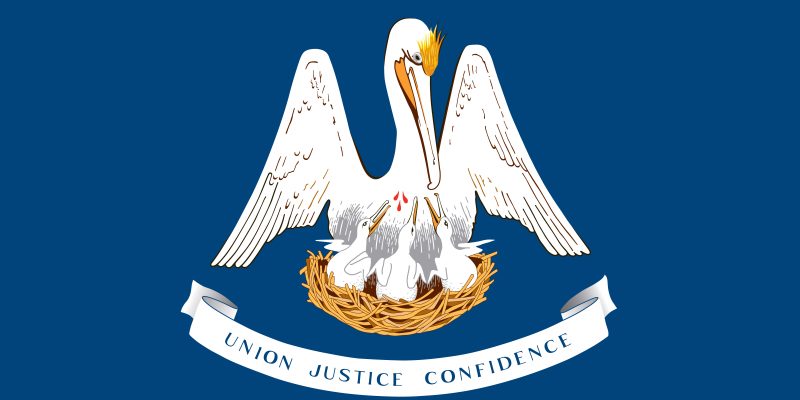For Louisiana’s Republicans, when facing unfavorable local electoral environments, sometimes the magic works, and sometimes it doesn’t, as results from elections from this weekend show.
It worked for Monroe independent Mayor Friday Ellis, who in facing an electorate of about five-eighths black registrants not only won reelection but expanded his majority. Friday, who is white and while he runs as an independent has Republican support including that of a fundraising bundling group designed to steer national donations to Republican candidates, bested two black Democrat candidates, one of whom was Democrat former mayor Jamie Mayo whom he deposed four years ago.
All that needs to be known about this election comes from 14 precincts, 11 through 24. With seven-eighths black registrants in these, Ellis pulled down 37 percent of the vote and even won two of them. Considering that he ran up majorities in and around 90 percent in precincts just as heavily populated with white registrants, which also turned out at twice the rate or better than these others, it was no contest.
Of course, as he had four years ago, Ellis had the advantage of the controversial Mayo taking up most of the oxygen for black Democrat challengers, who might have done better had some other such quality challenger emerged. Still, it was an impressive performance and potentially a model for white non-Democrats to follow in black-majority Louisiana jurisdictions.
By contrast, in a barely plurality white electorate in Caddo Parish, Republican former Shreveport City Councilor John Nickelson lost to Democrat former Shreveport chief administrative officer Henry Whitehorn, 53 to 47 percent for sheriff. As in the Monroe contest, the non-Democrat was white and the Democrat black, although it was for an open seat.
This race was the third, after Whitehorn had come out on top last fall in a runoff by one vote, after Nickelson had led 45 to 35 percent in the general election. But the runoff had questionable ballots cast, courts ruled, which created an indeterminate result that necessitated another try.
Nickelson had performed better when turnout had gone just over 30 percent in the general election, but Whitehorn had closed the entire gap when turnout fell a couple of points in the runoff. Conventional wisdom therefore had it that Nickelson would do better the higher the turnout, although that looked unlikely when Republican former Pres. Donald Trump wrapped up the GOP presidential nomination before Louisiana held its preference primaries for both major parties at the same time as spring local elections.
But that didn’t matter. In fact, nearly half of registered parish Republicans came out to vote in that primary, which should have spilled over to help Nickelson. However, nearly two-fifths of Caddo Democrats, despite Democrat Pres. Joe Biden also having secured his party’s nomination, showed up to vote in that primary.
Advertisement
This did end up helping Nickleson somewhat. In precincts where whites, the majority of whom are Republicans, made up at least 75 percent of the registrants, turnout was 31 percent, while in those where blacks, almost all of whom are Democrats, made up at least 75 percent of registrants, turnout was only 24 percent. (Note that these figures are distortedly low because early voting isn’t included, so they are good only for comparison purposes.) That would have favored Nickleson due to the close balance between the two races in registrations.
–Except that racial crossover voting favored Whitehorn. In those precincts with a large proportion of white registrants, Nickelson received only 82.4 percent of the vote, while Whitehorn in those with a large proportion of black registrants snared 95.6 percent of that vote. Compared to historical norms, Nickelson underperformed by a couple of points among blacks, and Whitehorn overperformed by a few points among whites. These made the difference.
Clearly, both campaigns made an intense effort, so there might not have been anything more Nickelson could have done. Whitehorn’s extensive law enforcement background with Nickelson not having any, controversial legislation that Nickelson had introduced that led some to question his Second Amendment commitment, and a blunder late in the campaign where Nickelson’s wife used her position in a nonprofit to electioneer–all of this may have caused his loss to be set in stone.
Regardless, Ellis’ triumph shows Louisiana conservative candidates do have ways of winning elections even in electoral environments usually considered unfruitful.
Advertisement
Advertisement

